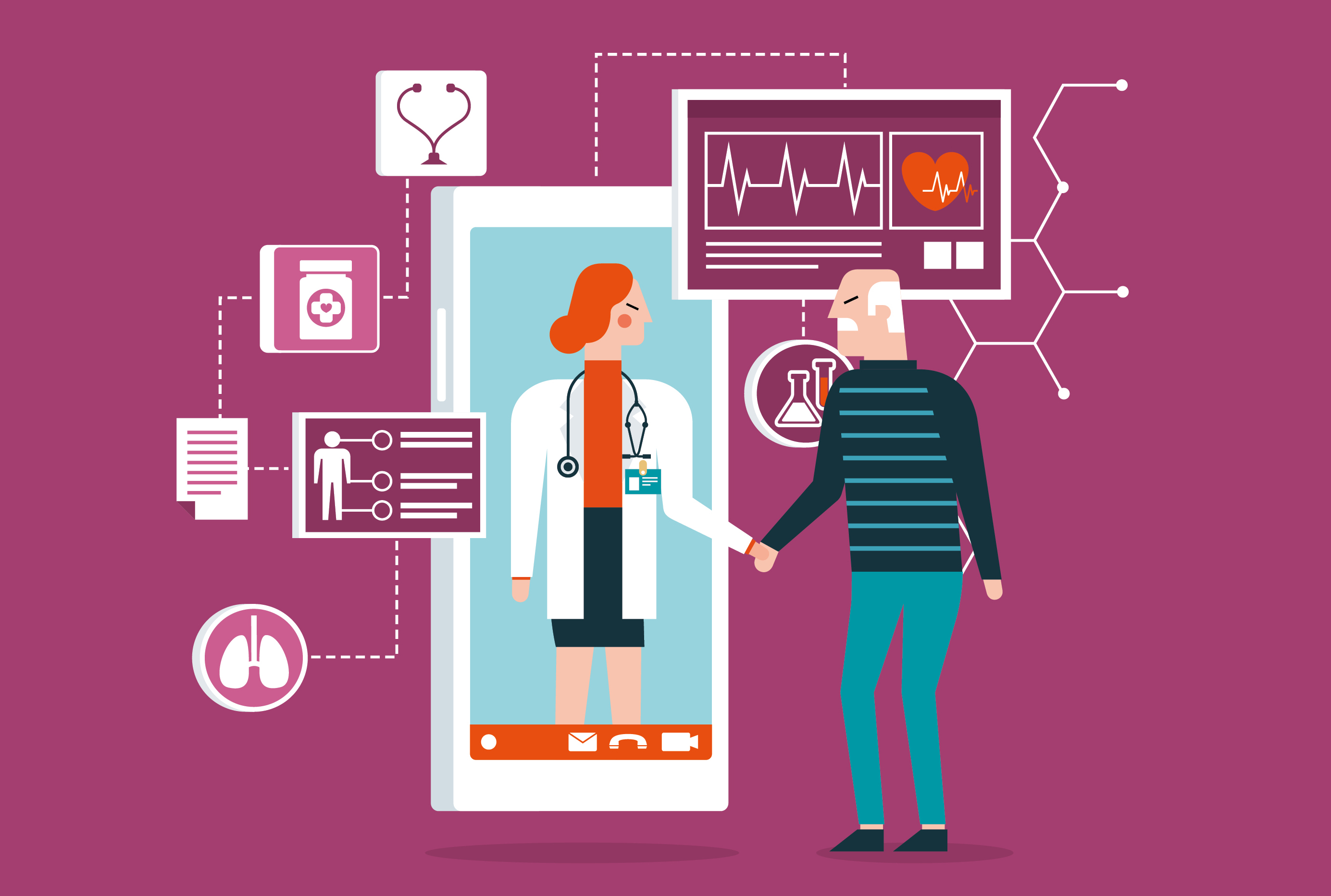ATMP Use Case - Chimeric Antigen Receptor (CAR) T-Cells
T-cells are a part of the body’s immune system, involved in fighting off pathogens and cancer cells. However, cancer cells can evade detection by T-cells. CAR T-cells can recognize and destroy cancer cells. CAR T-cells have been approved primarily for treating patients with B-cell malignancies, including B-cell lymphomas including diffuse large B-cell lymphoma (DLBCL), primary mediastinal large B-cell lymphoma (PMBCL), follicular lymphoma (FL), mantle cell lymphoma (MCL), and high-grade B-cell lymphoma (HGBCL) and leukemias.
Approved CAR T-cell products for non-Hodgkin lymphoma include:
- Axicabtagene ciloleucel (Yescarta®)
- Brexucabtagene autoleucel (Tecartus®)
- Lisocabtagene maraleucel (Breyanzi®)
- Tisagenlecleucel (Kymriah®)
In CAR T-cell therapy, a patient’s own T-cells are genetically modified to express chimeric antigen receptors (CARs) on their surface. These engineered T-cells, known as CAR T-cells, can specifically recognize and destroy cancer cells that express a target antigen, i.e., the CD19 protein on their surface. CAR T-cell therapy process involves several steps:
- Collection of healthy, patient-derived white blood cells, including T-cells (leukapheresis).
- Genetic modification of the T-cells to express the CAR receptor, generating CAR T-cells.
- Preparatory mild chemotherapy (lymphodepletion/conditioning) to optimize the patient’s immune system for the CAR T-cells.
- Infusion of CART-cells back into the patient.
- Post-treatment monitoring and, if necessary, treatment of side effects.
Side effects of CAR T-cell therapy include cytokine release syndrome (CRS) and neurotoxic effects (immune effector cell-associated neurotoxicity syndrome, or ICANS). CRS is an immune response that can resemble an infection, presenting with fever, chills, hypotension, shortness of breath, and in severe cases, life-threatening complications like kidney failure, seizures, or circulatory collapse. Neurotoxic effects may manifest as confusion, altered cognition, impaired consciousness, gait disturbances, word-finding difficulties, or seizures. In most patients, CRS and neurological symptoms resolve completely with appropriate treatment measures. Additionally, CAR T-cell therapy often results in reduced blood cell counts (cytopenias) and diminished antibody production (hypogammaglobulinemia). As a result, patients might require transfusions after treatment with CAR T-cells and the immune system’s function may be weakened, increasing the risk of infections following CAR T-cell treatment.
